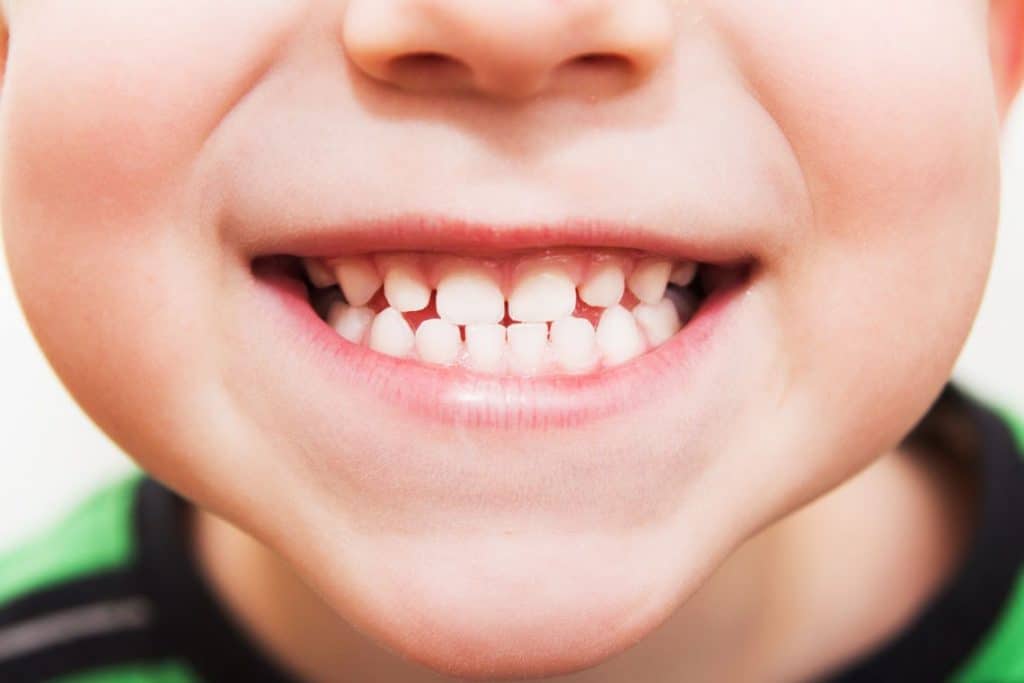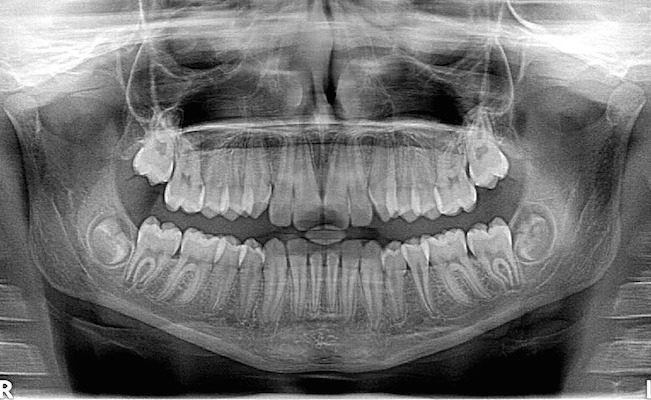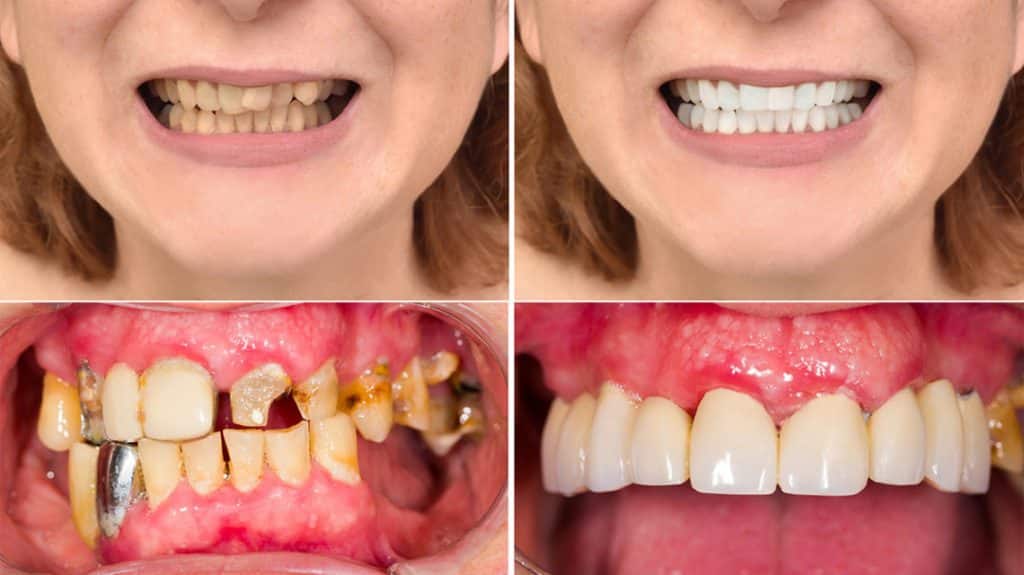Sugar bugs on teeth can lead to cavities and tooth decay, causing oral health problems. Taking care of your teeth and practicing good oral hygiene can help prevent the formation of these sugar bugs.
Neglecting oral care can result in painful dental issues, costly treatments, and potential tooth loss. By maintaining a healthy diet, brushing and flossing regularly, and visiting the dentist for regular check-ups, you can minimize the risk of sugar bugs and maintain a healthy smile.
Protecting your teeth from these harmful bacteria is crucial for overall oral health and well-being.

Credit: www.chnola.org
The Importance Of Oral Hygiene For Sugar Bug Prevention
Oral hygiene is crucial for preventing sugar bugs from wreaking havoc on your teeth. Perfecting your brushing and flossing techniques is key. Regularly maintaining oral health can be achieved through simple yet effective practices. Ensure you use recommended dental hygiene products to enhance your dental care routine.
By doing so, you can keep those pesky sugar bugs at bay and enjoy a healthy smile for years to come. So, make oral hygiene a priority – your teeth will thank you!
Understanding Sugar Bugs On Teeth
Sugar bugs are tiny bacteria that form on teeth due to the consumption of sugary foods and drinks. These bacteria thrive on the sugar left behind on our teeth after eating or drinking, creating a sticky film called plaque. The bacteria in plaque produce acids that can damage tooth enamel and lead to cavities and tooth decay.
If not removed regularly through proper oral hygiene practices like brushing and flossing, plaque can harden into tartar, which can only be removed by a dental professional. Sugar bugs can have detrimental effects on oral health, causing toothaches, gum disease, and even tooth loss.
It is important to limit sugar consumption and maintain good oral hygiene to prevent the formation of sugar bugs and keep our teeth healthy.
Best Practices For Preventing Sugar Bugs
Sugar bugs on teeth can lead to various dental issues. To prevent them, it is essential to limit sugar intake. Regular dental check-ups play a vital role in maintaining oral health. Properly cleaning teeth and gums is also crucial to avoid the accumulation of sugar bugs.
Ensuring that you brush and floss daily can help prevent the formation of dental plaque and cavities. Additionally, using mouthwash can provide an extra layer of protection against sugar bugs. Moreover, incorporating a well-balanced diet that is low in sugary foods and drinks can significantly reduce the risk of developing dental problems.
In this blog post, you will find useful information on the best practices for preventing sugar bugs and maintaining optimal oral hygiene.
How To Identify And Treat Sugar Bugs
Sugar bugs on teeth can be identified through certain signs such as toothaches, sensitivity, and discoloration. Professional cleaning and removal methods like dental scaling and polishing can effectively tackle sugar bug build-up. These procedures remove plaque and tartar that harbor bacteria.
Additionally, preventive measures play a crucial role in avoiding future sugar bug growth. Regular brushing, flossing, and using mouthwash can help keep teeth clean and free from harmful bacteria. Cutting back on sugary foods and drinks also helps prevent the formation of sugar bugs.
By being vigilant and taking necessary actions, individuals can maintain good oral health and minimize the risks associated with sugar bug build-up. So, it is essential to recognize the signs, seek professional cleaning, and adopt preventive measures to combat sugar bugs on teeth.
Oral Hygiene For Different Age Groups
Maintaining good oral hygiene is essential for people of all ages. Baby teeth require special attention to prevent sugar bugs from damaging them. Parents should clean their baby’s gums with a soft cloth or silicone finger brush before teeth erupt.
Once teeth appear, a small, soft-bristled toothbrush and water can be used. As children grow, it is important to teach them how to brush their teeth properly and encourage regular dental check-ups. Teenagers and adults need to establish a routine that includes brushing at least twice a day, flossing, and using fluoride toothpaste.
Regular visits to the dentist are crucial for professional cleanings and to address any potential issues. By following these oral hygiene practices, people can keep their teeth and gums healthy at every stage of life.
Additional Tips For Maintaining Oral Health
Maintaining oral health goes beyond regular brushing and flossing. A balanced diet is crucial, ensuring that you consume essential nutrients for overall oral well-being. Drinking enough water not only hydrates your body but also promotes a healthy mouth. It helps wash away food particles and neutralize harmful acids.
Phantom sugar bugs, those pesky bacteria, thrive in a sugary environment. Stress can also affect oral health, as it weakens the immune system, making you susceptible to gum disease and cavities. Remember, a healthy mouth leads to a healthy body, so prioritize your oral hygiene by following these additional tips.
Frequently Asked Questions About Sugar Bugs
Sugar bugs are tiny bacteria that thrive on the surface of our teeth. They can’t be completely eliminated, but proper oral hygiene can control their growth. These bugs are not only caused by sugar consumption; they also feed on carbohydrates found in other foods.
Regular visits to the dentist for check-ups are important to catch any dental issues early on. Remember, prevention is key when it comes to maintaining oral health. By brushing your teeth twice a day, flossing daily, and reducing sugar and carbohydrate intake, you can significantly reduce the growth of sugar bugs on your teeth.
Keep your smile healthy and bright with good oral care habits.
Frequently Asked Questions On Sugar Bugs On Teeth
How Do Sugar Bugs Cause Tooth Decay?
Sugar bugs feed on the sugars in our mouths and produce acid that erodes tooth enamel, leading to tooth decay. This acid attack can happen every time we consume sugary foods or drinks, increasing the risk of developing cavities.
Can Sugar Bugs Be Prevented?
Yes, sugar bugs can be prevented by practicing good oral hygiene. Brushing twice a day, flossing daily, and limiting sugary snacks and drinks can help reduce the growth of sugar bugs and minimize the risk of tooth decay.
What Are The Signs Of Sugar Bugs On Teeth?
Common signs of sugar bugs on teeth include tooth sensitivity, tooth discoloration, toothaches, bad breath, and visible cavities. Regular dental check-ups can help detect and treat sugar bug-related issues before they progress further.
Conclusion
It is crucial to tackle the issue of sugar bugs on teeth for the sake of our oral health. By understanding the harmful effects of sugar on our teeth and adopting some preventive measures, we can significantly reduce the risk of dental decay and maintain a healthy smile.
Regular brushing and flossing, along with a balanced diet and reducing sugary food and drink consumption, play key roles in keeping our teeth free from sugar bugs. Moreover, visiting the dentist regularly for check-ups and cleanings can help identify any dental issues early on and prevent further complications.
Remember, taking care of our oral health is not only important for our teeth but also for our overall well-being. So let’s prioritize our dental hygiene, say goodbye to sugar bugs, and enjoy a confident smile for years to come!








